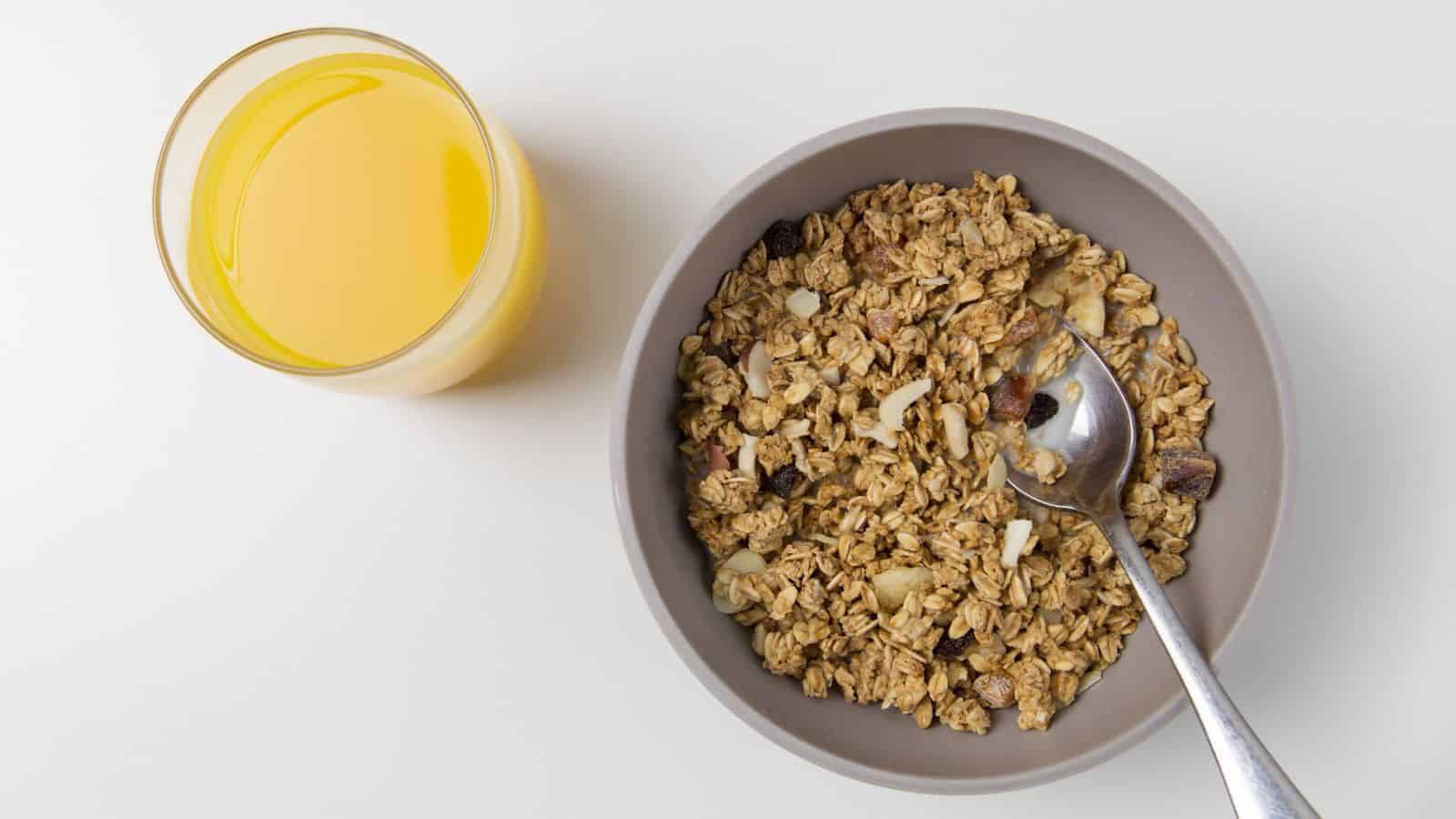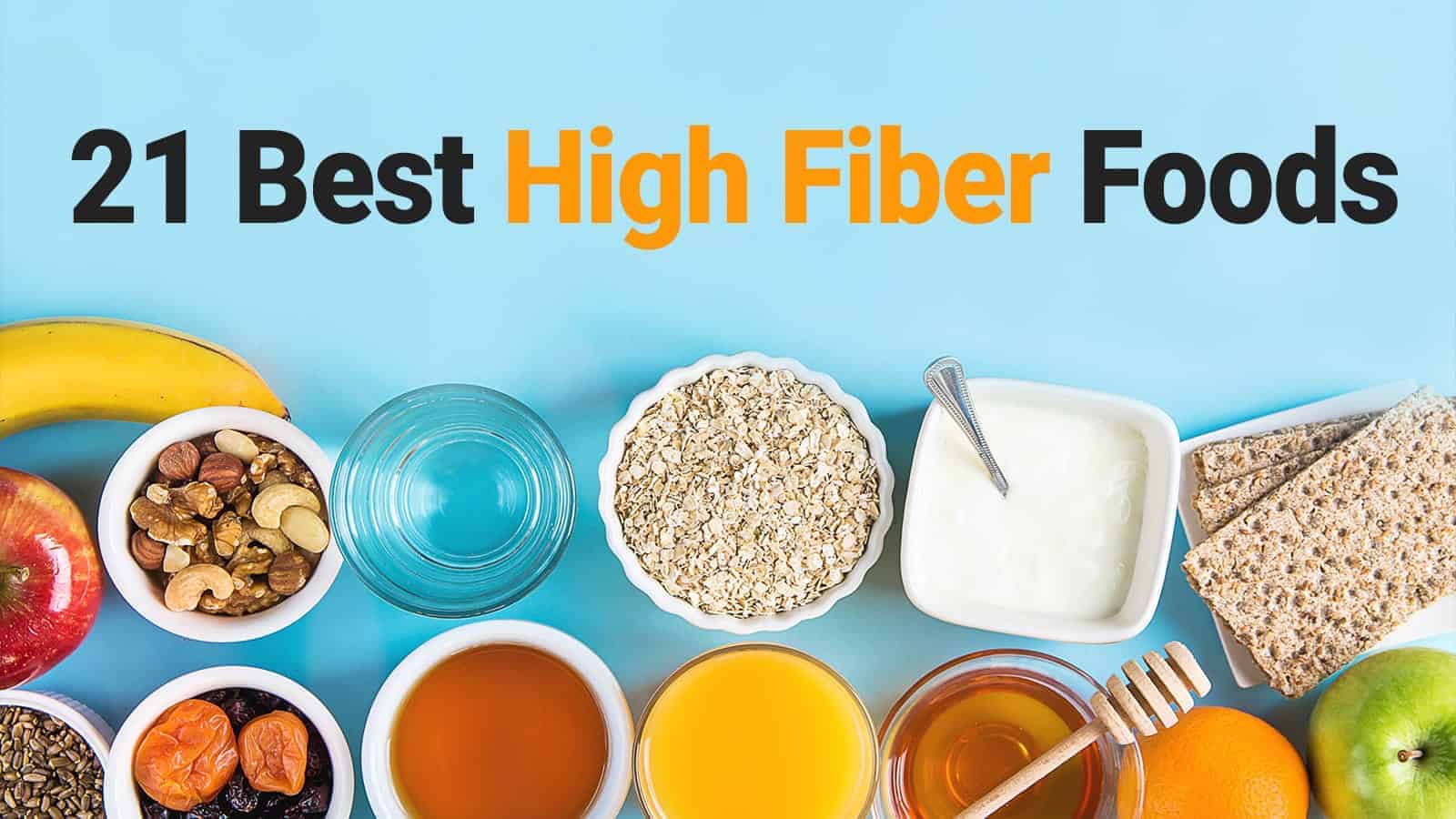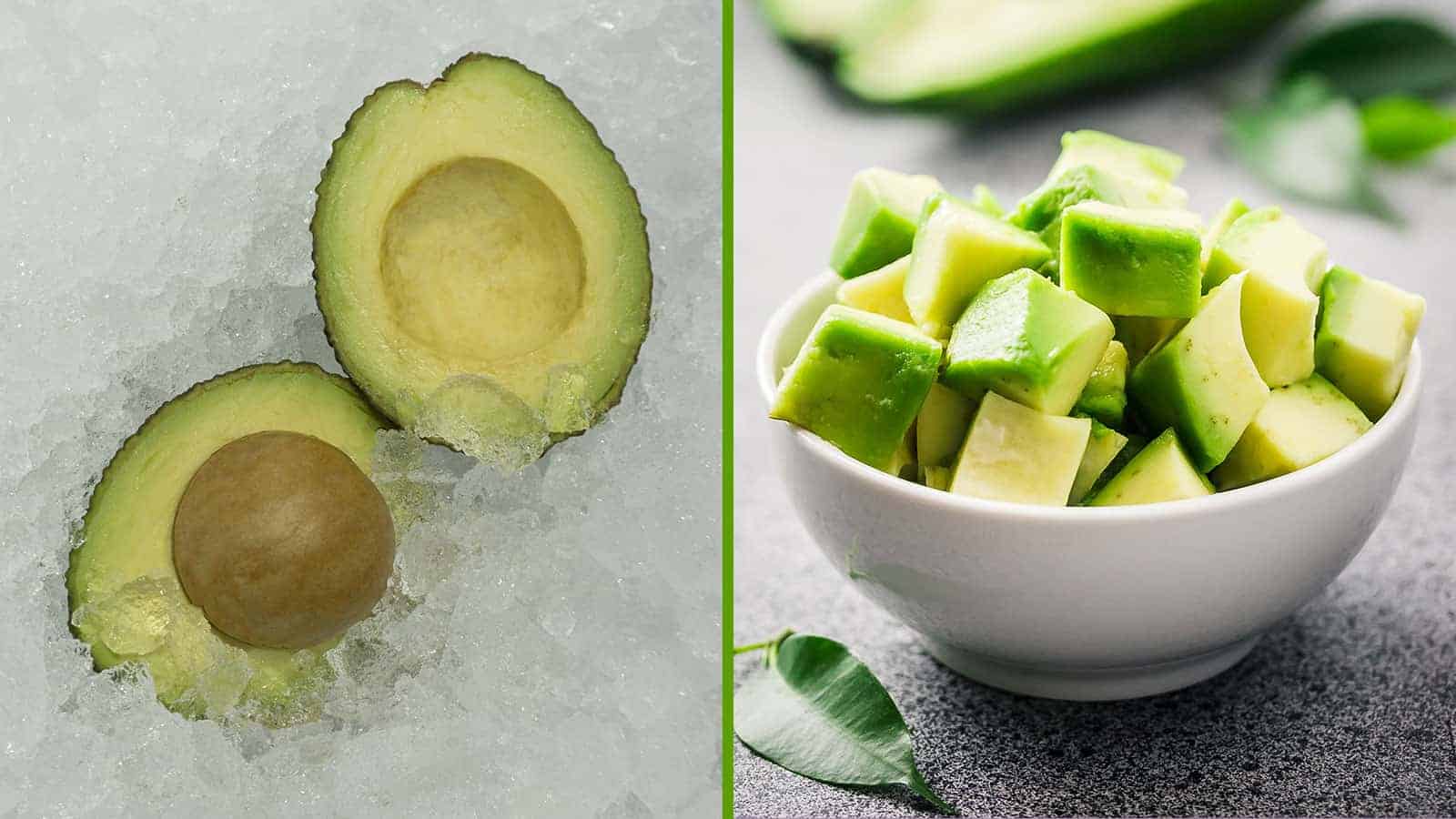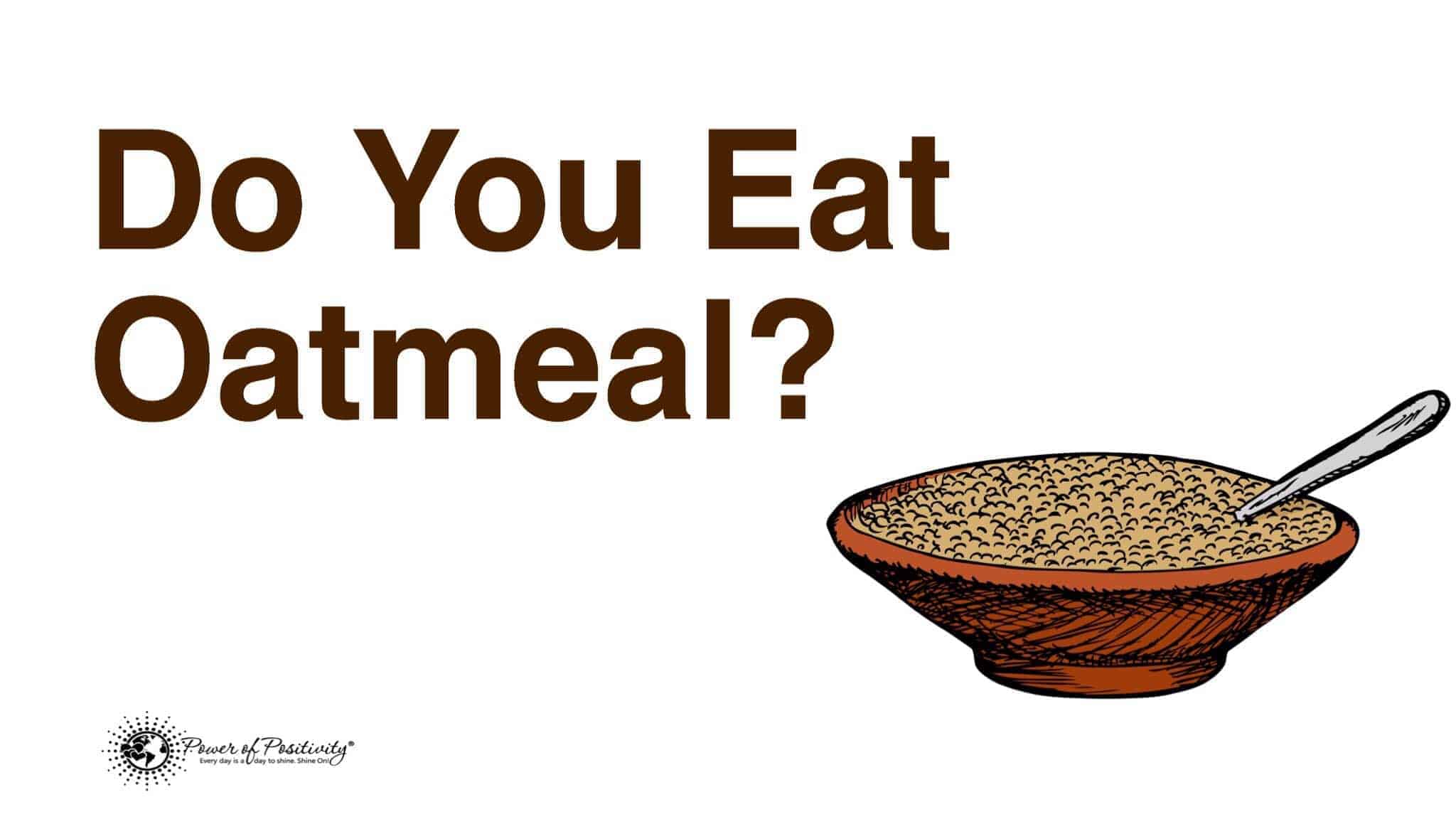Constipation is a condition characterized by difficulty in emptying one’s bowels, often due to hardened feces. The situation usually results from consuming too much protein and not enough soluble fiber. Additionally, some medications can cause you to become constipated.
According to the Academy of Nutrition and Dietetics, women should consume a minimum of 25 grams of fiber each day. Men, on the other hand, should consume a minimum of 38 grams each day. Unfortunately, very few individuals consume the recommended dietary allowance when it comes to this particular nutrient.
Why Constipation Is More Than Just a Slight Annoyance
Occasional constipation, even while consuming enough fiber and limiting protein intake, is not uncommon. However, if you’re chronically constipated, this is an entirely different matter. And it is one that you will want to get under control as soon as possible. For reference, the National Institutes of Health, the world’s largest biomedical research agency, defined chronic constipation as pooping fewer than three times in a given week.
Additionally, the stool is exceedingly hard and, therefore, requires a great deal of straining to evacuate it from the anus. While this may sound overly clinical, it is the official definition of constipation and also a reality for more than 16 percent of Americans.
Although a poor diet is the primary cause of constipation, it can also stem from several underlying health problems, some of which include the following:
- Diabetes
- Irritable bowel syndrome (IBS)
- Thyroid problems
- Muscular dystrophy
- Hypercalcemia
Ironically, many of the medications used to treat these same health problems can cause constipation as well. Some of the more common offenders include the following:
- Opioid-based pain relievers
- Nonsteroidal anti-inflammatory drugs (NSAIDs)
- Levothyroxine and other thyroid medications
- Emflaza and other glucocorticoid medications
- Insulin
Of course, other health problems, along with the medications prescribed to treat them, can cause constipation as well. However, those enumerated in this article are among the most common.
Can Constipation Go Away Without Medical Treatment?
Before discussing whether or not constipation can go away without medical treatment, let’s first take a moment to address what could potentially happen if it is left untreated. Because most people strain to pass stool when they’re constipated, many will develop painful hemorrhoids.
Even worse, the same straining can also give way to rectal prolapse, a severe lower gastrointestinal tract problem that often requires surgery. That said, occasional constipation can go away by making changes to one’s diet and taking over-the-counter drugs.
However, if the condition leads to hemorrhoids, rectal prolapse, or other severe lower gastrointestinal problems, medical treatment will likely be necessary.
15 Foods That Contain Soluble Fiber Commonly Used to Relieve Constipation
Are you one of the millions of Americans struggling with constipation? Then, you will be happy to know that adding more soluble fiber to your diet can provide some relief. Plus, you will lower your chances of developing worse gastrointestinal problems at the same time.
For context, soluble fiber is a dietary fiber that helps stool retain more water, which makes it not only softer but also more significant. As a result, it can pass through the intestines and ultimately out of the anus easier. Some of the foods highest in soluble fiber include the following:
1. Legumes
For those who are not already in the know when it comes to black beans, they contain pectin, a soluble fiber that helps relieve constipation. According to EcoWatch, an online curator of environmental news from more than 50 credible sources, a single cup of these dark beans provide between 40 and 60 percent of the recommended dietary allowance when it comes to soluble fiber. Along with keeping you satiated, these flavorful legumes can add more bulk to your stool while simultaneously making it softer, eliminating the need for straining when you poop.
2. Brussels Sprouts
Whether you hate them or love them, Brussels sprouts offer an array of health benefits, including better digestive health, when consumed regularly. This particular vegetable, which belongs to the Gemmifera group of cabbages, provides 4 grams of soluble fiber per cup, which goes a long way toward helping to keep you regular.
More than that, Brussels sprouts contain both vitamins B and K, not to mention short-chain fatty acids. Collectively, these vitamins and nutrients support and protect the lining of the gut, which can prevent constipation. They can also help relieve constipation as well.
3. Avocados
Derived from the fruit of avocado trees, which are plentiful in south-central Mexico, avocados are a venerable powerhouse when it comes to vitamins and nutrients that support gut and overall health. Just half of an avocado provides 2.1 grams of constipation-relieving soluble fiber. And they are very versatile in that they can be eaten by themselves, added to salads, or used to make guacamole.
4. Sweet Potatoes
Boasting 1.8 grams of soluble-based fiber per one-half cup, along with a considerable amount of potassium, beta carotene, and B vitamins, consuming sweet potatoes can help relieve constipation and bolster gut health. And this is especially true for those who have a history of digestive problems. On a side note, along with soluble-based fiber, consuming a single medium-sized sweet potato provides a whopping 400 percent of the recommended dietary allowance for vitamin A, which protects against gastroenteritis, a condition that causes vomiting and constipation.
5. Apples
Similar to legumes, apples contain the soluble-based fiber pectin that improves gut function and gut health, both of which can reduce the likelihood of becoming constipated.
6. Strawberries
Strawberries do a great job when it comes to relieving constipation. Because they are 92 percent water, they help keep the entire body, including the intestines, hydrated, which contributes to regular bowel movements.
7. Apricots
Most will agree that no list of foods that contain soluble-based fiber that can help relieve unpleasant constipation would be complete without including apricots.
After all, consuming just three of them will provide 1.4 grams of soluble-based fiber. Plus, you will add vitamins A and C to your diet for overall good health.
8. Guavas
Extremely popular throughout most of South America, the guava is another fruit that naturally contains a lot of water that can help keep the body hydrated while supporting regular bowel movements. As such, they go a long way to relieving and even preventing constipation. Based on a serving of 100 grams, guavas contain roughly 8 grams of water.
9. Oats
If you’re already constipated or trying to avoid constipation, it might be worth substituting eggs for a bowl of delicious oatmeal for breakfast. After all, eggs are high in protein. While the protein in eggs helps build long, lean muscle and supports bone health, consuming too many of them, like any other protein source, can cause constipation.
That said, oats contain a fair amount of beta-glucan, a soluble-based fiber that not only relieves constipation but also helps to lower high cholesterol.
10. Flax Seeds
While flax seeds by themselves are not particularly satiating, you can add a few to a bowl of oatmeal or sprinkle them over a delicious salad to fight off hunger and relieve constipation at the same time. A single tablespoon of flax seeds provides anywhere from 0.6 to1.2 grams of soluble-based fiber. And when consumed regularly, these tiny seeds can go a long way toward softening the hardened feces synonymous with constipation.
11. Sunflower Seeds
Despite their tiny size, sunflower seeds punch well above their weight when it comes to providing relief from constipation. In fact, just one-fouth cup of these seeds contains 1 gram of soluble-based fiber and 3 grams of dietary-based fiber, both of which can improve gut function and keep unpleasant constipation at bay.
12. Hazelnuts
Hazelnuts are another excellent snack choice in terms of foods that contain soluble-based fiber that can relieve constipation. On a side note, they can also reduce high cholesterol and improve heart health as they are rich in vitamin E, unsaturated fats, iron, and thiamine.
13. Barley
If you’re already constipated or hoping to avoid constipation, you should consider following up a bowl of oatmeal for breakfast with a hearty stew made with barley. For those who might not be aware, this whole grain is chock-full of a variety of soluble-based fiber, including pectin, psyllium, and guar gum. And they all help ease and even prevent constipation while protecting against cardiovascular disease.
14. Carrots
The same vitamin A in carrots that support eye health can also improve digestive health, according to many studies. Just one cup of cooked carrots provides as much as 2.4 grams of soluble-based fiber that can relieve and prevent constipation.
15. Figs
If you struggle with constipation and love figs, you’re in luck. These edible, inverted flowers commonly used to make cookies or can be eaten by themselves, can slow down digestion. Therefore, this sweet treat allows the absorption of food in the intestines. And this means you are less likely to feel blocked up.
Final Thoughts on Consuming Soluble Fiber to Prevent Constipation
In summary, if you’re struggling with constipation, adding more fiber-rich foods to your diet can provide some much-needed relief. Adding foods filled with soluble fiber also minimizes the chances of it giving way to hemorrhoids or other digestive ailments.























